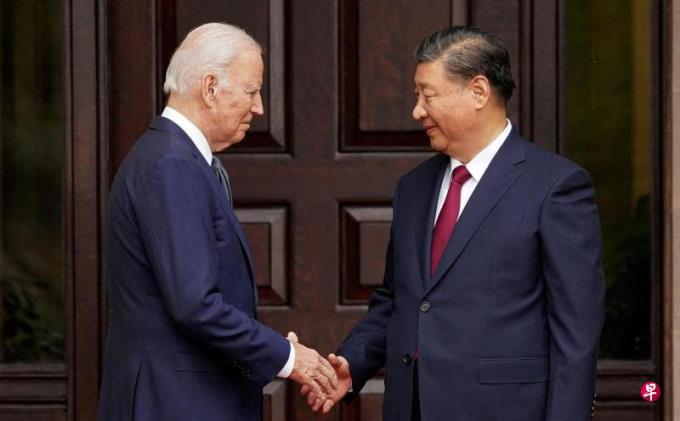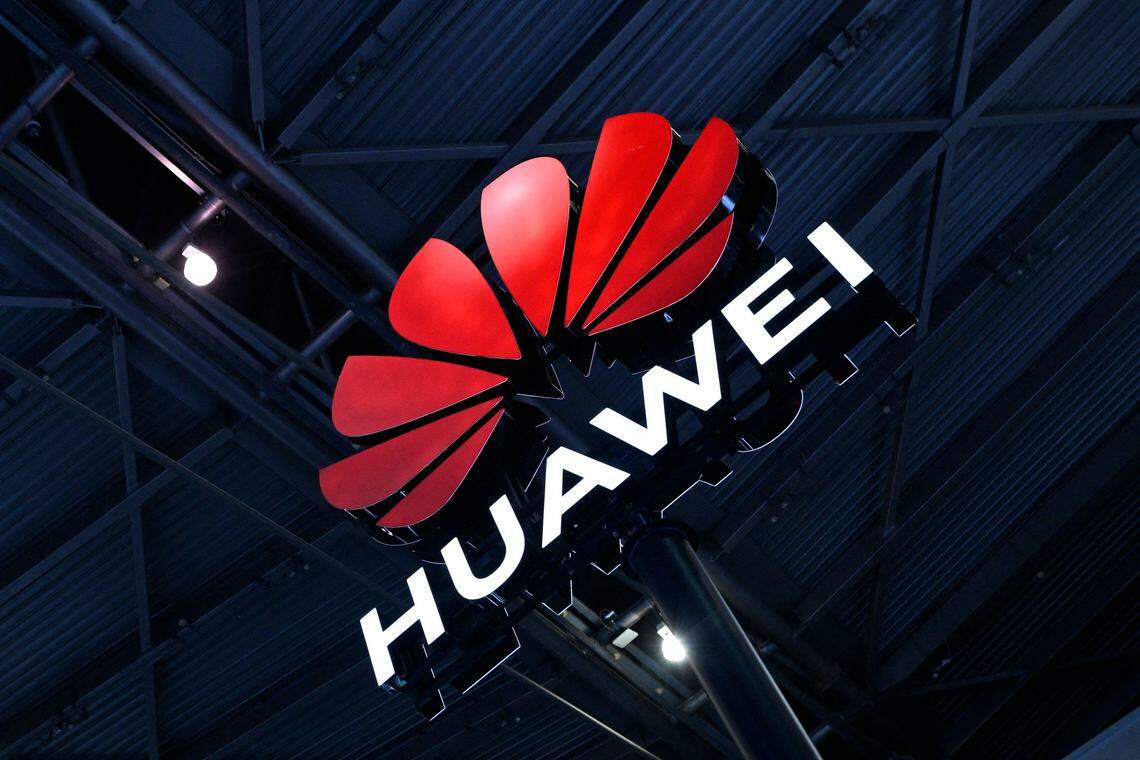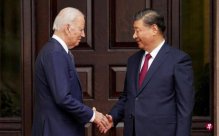
Sino -US economic and trade relations seem to slow down recently, but MEG Rithmire, an associate professor of the Department of Industry and Commerce Department of Harvard Business School, believes that the root cause of the competition between China and the United States is that the economy of the two countries is interdependent, but they lack mutual trust and have fallen into security.Dilemma cycle.
After meeting in San Francisco last November last year, the relationship between the two countries seemed to be slightly thaw.The economic and trade level has also resumed transactional communication. At the end of last year, the U.S. Trade Representative Office announced that the Five months , by the end of May this year.
However, analysis generally believes that the strategic competitive structure of China and the United States has not changed, and the United States will still implement the "small courtyard high wall" crosses policy in key technical fields.
According to Bloomberg report, the US Department of Commerce has also investigated more than 100 companies in more than 100 companies in automotive, aerospace, national defense and other important industries since January to track the degree of dependence on Chinese chips (also known as chips) technology in American companiesEssence
Ren Meige, who is familiar with the research of Chinese political and economic research on Thursday (January 4) at the Institute of Political Science, Taiwan Central Research Institute, "Economic interdependence is dead? China's political and economic transformation, Sino -US competition, and the future of Asia"For the title, delivered a special speech.
For the essence of competition between China and the United States, she believes that this is a security predicament caused by the existence of high economic interdependence.
Renmeig pointed out that in the past 10 years, the largest confrontation between China and the United States concentrated at the corporate level, such as Huawei and other Chinese companies have sacrificed the ban to take export control to China.

She believes that this is different from the US's economic sanctions on Russia based on the economic sanctions that Russia is based on traditional security threats, but a new type of security dilemma of economic interdependence.
Ren Meige pointed out that as early as the beginning of the 21st century, the CCP aware of the development of domestic economic development may pose a threat to the security of the regime.Wait, even requiring multinational companies to express political loyalty to ensure political and economic security, and now so.
She analyzes that this high control of the private economy will make European and American worry that will constitute actual military security threats. Therefore, it will impose sanctions on relevant Chinese enterprises and try to get out of the supply chain related to China.However, this approach has exacerbated Beijing's anxiety about the security threat of regime, and then strengthened the control. When it comes to this, it has strengthened countermeasures. Eventually, under the layer of the two sides, it falls into the cycle of security difficulties.
Ren Meige also mentioned that in this situation, many multinational companies began to feel the political pressure from the mother country on the one hand, hoping that they would be moved out of China; second, it really felt that China became not so friendly and shifted to the transfer.The production chain seek "China plus one" to diversify the risk.
However, according to the results of her initial interview with 35 multinational companies, these multinational companies have already formed a complex and irreplaceable innovative ecosystem in China. Exit the Chinese market will lose their business advantages and will lose their business advantages, and they will lose their business advantages.Innovative and domestic investment sources.
Therefore, Ren Meige believes that even if the United States wants most companies to stop investing in China and turn to the Pacific region, it is difficult to achieve after all.And how these companies will decide in the future will greatly affect the extent of the Sino -US economy's interdependence, and it is worthy of high attention to political scholars.




